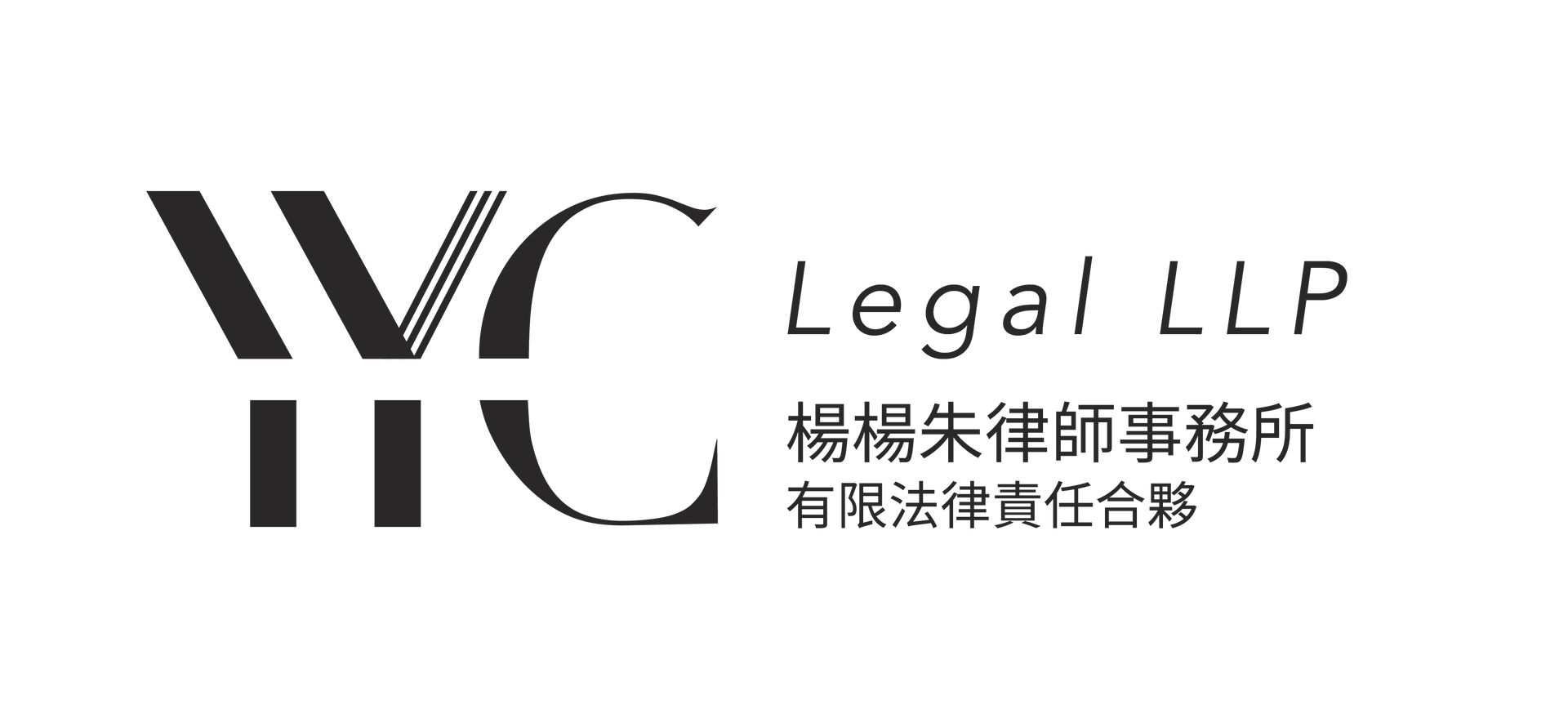Key benefits
Unlike some other jurisdictions like Singapore, Canada and New Zealand, Hong Kong currently does not allow re-domiciliation. If a foreign company wishes to move its identity and business to Hong Kong, a new Hong Kong company must be set up to take over its business. This process is cumbersome and may result in substantial taxes and/or costs as well as disruption to a company’s operations and corporate history.
The proposed regime would now allow non-Hong Kong companies to change their place of incorporation to Hong Kong while preserving their legal status as body corporates, their properties, rights, obligations, liabilities and contracts, giving companies maximum business continuity while reducing administrative complexity and costs in the process.
Eligibility
The proposed regime imposes no economic substance test of thresholds of asset, revenue or employee numbers on the applicant. The Registrar of Companies will be empowered to consider and approve applications based on the factors including the following:
- Whether the type of Hong Kong company that the applicant is seeking to re-domicile (i.e. private company limited by shares, public company limited by shares, company limited by guarantee, private unlimited company with a share capital or a public unlimited company with a share capital) is the same or substantially the same as the applicant’s type of company in its original place of incorporation;
- Whether the applicant has complied with the legal requirements of its jurisdiction of incorporation for the transfer of incorporation in Hong Kong;
- Whether at the application date the applicant’s first financial year end in its place of incorporation has passed;
- Whether the applicant will comply with the naming requirements for the incorporation of a Hong Kong company under the Hong Kong Companies Ordinance;
- The applicant will not be used for an unlawful purpose, contrary to public interest of endangering national security;
- The re-domiciliation application is made in good faith and not intended to defraud existing creditors of the applicant;
- Whether a resolution for the transfer of incorporation has been approved by at least 75% of the votes cast by entitled members at a meeting of which members were given at least 21 days’ notice, if the applicant’s original place of incorporation does not include members’ consent to the transfer;
- Whether the applicant can pay its debts as they fall due in the 12 months after the application date;
- The applicant is not in liquidation or being wound up and no proceeding for liquidation or winding up against the applicant is ongoing or pending;
- No receiver, or receiver and manager, is in possession of, or has control over, any property of the applicant and no relevant proceeding is ongoing or pending; and
- No compromise or arrangement made between the applicant and any entity/person is being administered and no relevant proceeding is ongoing or pending.
Effects of re-domiciliation
Once re-domiciled, the company will have the same rights and obligations as other Hong Kong incorporated companies of its type and will need to comply with the relevant Companies Ordinance provisions. Its corporation information will then be available for public inspection. If the company needs to be licensed to conduct certain businesses in Hong Kong, it will need to apply for the relevant licence(s) separately.
Applicant companies which are earlier registered with the Companies Registry of Hong Kong as registered non-Hong Kong companies will cease to be registered as such when they are granted with their certificate of re-domiciliation.
It is proposed that the company must provide the Registrar of Companies with evidence of its de-registration in its original place of incorporation within 60 days of its re-domiciliation to Hong Kong. Failure to do so will result in the revocation of the application and the termination of the re-domiciliation.
However, market practitioners consider that 60 days will be too short. The de-registration process in the original jurisdictions may involve public notices and/or court procedures (for protection of members and creditors) as well as tax clearance, and thus may take much longer than 60 days. It is also hoped that the regime will, instead of terminating the re-domiciliation right after the expiry of the required de-registration period, provide flexibility for the Registrar of Companies to extend this de-registration period if justifiable grounds are given.
The de-registration process in the original jurisdictions may be beyond the applicants' control. Also, some applicants may need to open bank accounts in Hong Kong before they may start de-registration in their original jurisdictions.
Key takeaway
Industries have reflected that non-Hong Kong incorporated companies, especially enterprises with business operations in Hong Kong and those hoping to leverage on Hong Kong’s geographic and economic advantage to expand their business, are interested in re-domiciling to Hong Kong. As a response to such market demands, a company re-domiciliation regime with a straight-forward application process is a welcome initiative.


















